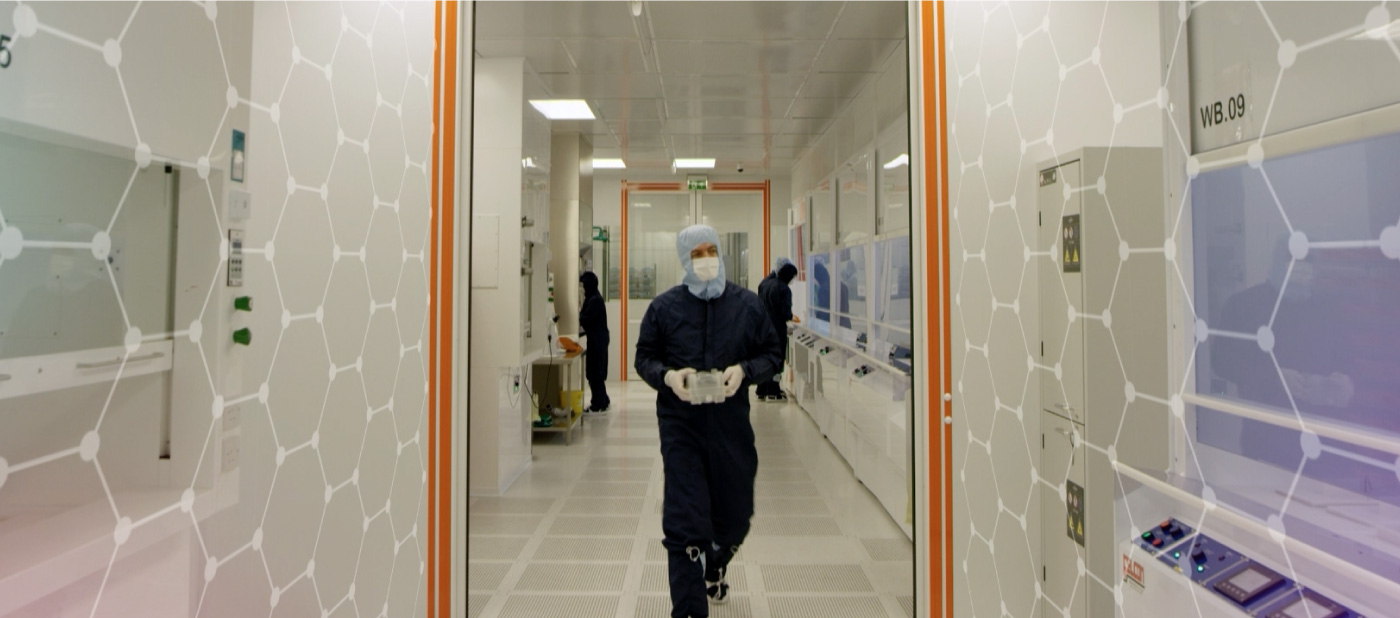Clean Energy Wire has picked up on reports of future scarcity of iridium affecting ability to produce hydrogen using PEM electrolysis at scale. The warning came from the Germany’s Federal Institute for Geosciences and Natural Resources (BGR) that key raw materials needed for most types of clean hydrogen production could become scarce and much more expensive.
“We see the greatest supply risks in iridium and scandium – due to the very high demand on the raw material markets from water electrolysis alone,” the BGR’s Mineral Resources Agency (DERA) said in its report.
The DERA report confirms one of the key findings outlined in Royce’s 2021 Landscape Report that among the most prominent bottlenecks to wide-scale hydrogen deployment is the demand for materials compatible with its production, storage, and distribution.
The report, developed with the advanced materials community, confirms one focus for research is the reduction of iridium loading in polymer electrolyte membrane (PEM) electrolysers to help realise global electrolysis capacity ambitions at a terawatt (TW) scale.
Although hydrogen is the most abundant element in the universe, it requires an environmentally clean and efficient method of extraction. The electrolysis of water via renewable electricity provides an attractive solution and PEM electrolysers are currently the leading technology. However currently PEM electrolyser electrodes rely on metals which are expensive and scarce. The most urgent challenge is to reduce iridium loading at the anode, with a long-term aim to find zero iridium approaches, whilst maintaining high efficiencies.
The 2021 landscaping activity culminated in the development of a proposal, including work programmes outlining the targets, resources and capabilities required to address the wide range of materials research and innovation needed to accelerate the deployment of hydrogen at scale. This document was shared with the Department for Business Energy and Industrial Strategy (BEIS) in late summer 2021, initiating a dialogue on how to ensure collaboration on fundamental research needs.
EPSRC have already awarded approximately £1.5m to bids associated with hydrogen research equipment and facilities, including electrocatalyst discovery, PEM electrolyser testing, and materials degradation.
Blueprints are being made detailing the facilities and research necessary to support hydrogen innovation across a range of applications, with emphasis on this area anticipated to multiply over the following years.
The Hydrogen Sector Development Action Plan, which is launching in 2022 will also outline the government’s plan to support companies during the transition to hydrogen.
Hydrogen is set to play an important role in decarbonising our polluting, energy-intensive industries and clearly has the potential to be a central plank in capitalising on cleaner energy sources, with advanced and novel materials being a critical success factor in this energy transition.



